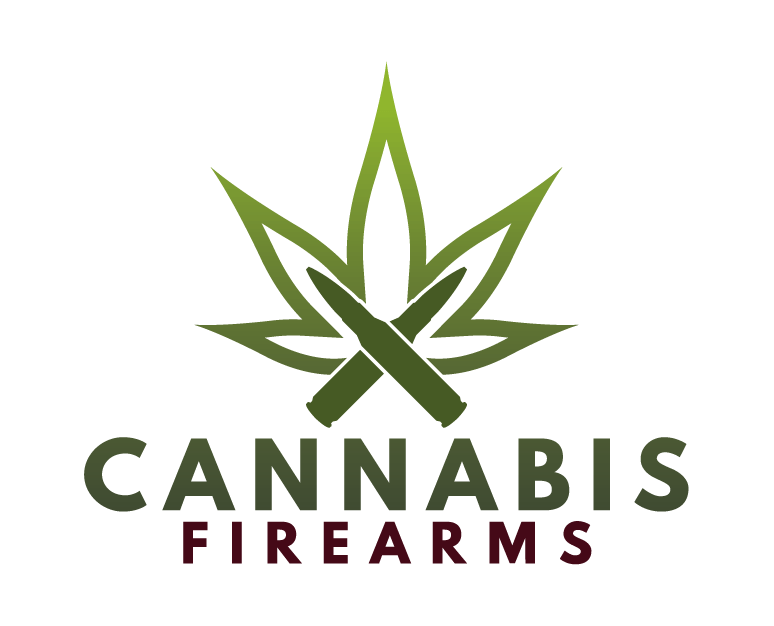For decades, federal firearm laws have treated cannabis users differently from people who consume alcohol or use prescription medications. This unequal treatment stems not from the effects of these substances but from how U.S. law classifies and enforces them under federal statutes.
The Legal Divide
At the heart of the issue lies the Gun Control Act of 1968 (GCA), specifically 18 U.S.C. § 922(g)(3), which prohibits any “unlawful user of or addicted to any controlled substance” from owning or possessing firearms. The Controlled Substances Act (CSA) defines marijuana as a Schedule I drug, placing it in the same category as heroin and LSD. Because of this classification, anyone using cannabis—whether for medical or recreational purposes—is considered an unlawful user under federal law.
The Bureau of Alcohol, Tobacco, Firearms and Explosives (ATF) has reinforced this stance. In an open letter, the agency clarified that even state-legal cannabis users are federally barred from possessing or purchasing firearms or ammunition. Lying about cannabis use on the ATF Form 4473—a required background check form—can result in felony charges.
By contrast, there is no federal firearm prohibition for alcohol consumption or for those who legally use prescription medications under a doctor’s supervision. Alcohol, while linked to a range of public health and safety issues, is not classified as a “controlled substance.” Prescription drugs, when taken as directed, are considered lawful use—not “unlawful” possession.
Why Cannabis Is Treated Differently
The main distinction is rooted in federal illegality. Even though over half the U.S. states have legalized cannabis in some form, federal law still considers it an illicit drug. This conflict between state and federal systems means a medical marijuana patient following their state’s laws is still, in the federal government’s eyes, an “unlawful user.”
There’s also historical context. When the GCA was enacted, Congress sought to restrict firearm ownership among those viewed as potentially impaired or unreliable due to illegal drug use. Marijuana was already stigmatized and criminalized during that period, shaping how it remains treated in firearm statutes today.
Another factor involves public safety interpretations. The Department of Justice and ATF argue that illegal drug use poses a higher risk of impaired judgment, which could increase the likelihood of firearm misuse. Critics point out, however, that alcohol has a far stronger statistical link to violence and accidents—yet does not trigger the same firearm prohibition.
Alcohol and Prescription Drugs: Legal Distinctions
Alcohol users face restrictions only in certain circumstances, such as being intoxicated while handling a firearm or being labeled a “habitual drunkard” under specific state laws. These are targeted restrictions, not broad bans.
Prescription medications—such as painkillers, anxiety treatments, or stimulants—are legal when used under medical supervision. Firearm disqualification typically applies only to misuse or addiction, not lawful medical use.
The Ongoing Conflict
Legal challenges continue across the country, with courts debating whether banning cannabis users from firearm ownership violates the Second Amendment. Some recent rulings have found parts of the law unconstitutional, suggesting the landscape could shift as cannabis reform progresses.
Until federal law changes—such as rescheduling marijuana from Schedule I to a lower classification—cannabis users remain at risk of federal firearm penalties, even in fully legalized states.
Final Thought
The difference in treatment comes down to classification, not consumption. Alcohol and prescription drugs are legal substances with targeted firearm restrictions. Cannabis, despite widespread legalization at the state level, remains illegal federally—placing its users in a unique and often unfair position under U.S. firearm law.
(This article is for educational purposes only and does not constitute legal advice. Individuals should consult an attorney for guidance regarding their specific circumstances.)

